How to Heal Your Gut Naturally and Effectively
Gut health is a topic that has gained significant attention in recent years, and for good reason. It plays a critical role in our overall well-being, impacting everything from our digestion to our mental health. But how can we heal our gut naturally and effectively? In this blog post, we’ll explore a 3-step process on how to heal your gut, that will help you embark on a journey towards a healthier gut and improved overall health.
Key Takeaways
-
Gut health is essential for overall wellbeing.
-
Identifying symptoms and incorporating probiotics, prebiotics, hydration and exercise can help heal the gut naturally.
-
Eliminating inflammatory triggers, addressing food intolerances/sensitivities & managing stress are key to naturally healing gut.
The Importance of Gut Health
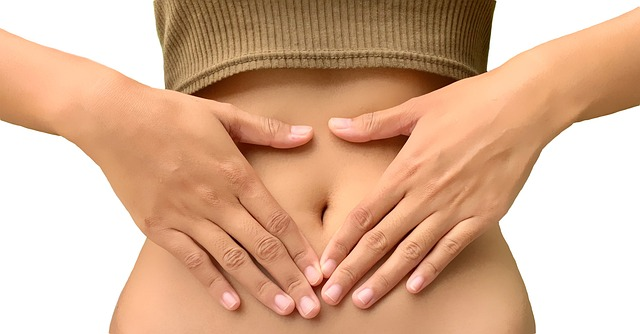
Our overall health significantly depends on the health of our gut. But what exactly is a “healthy gut”? It’s one that maintains a balanced gut microbiome, which is a community of microorganisms, including gut microbiota, living in our digestive tract. These microorganisms, such as beneficial gut bacteria, play a crucial role in various aspects of our well-being, such as our immune system, digestion, and even mental health.
An unhealthy gut, on the other hand, can lead to a variety of issues within the digestive system, including leaky gut, inflammatory bowel disease, and gastrointestinal disorders. Research has shown that improving gut health can lead to a reduction in digestive discomfort, a stronger immune system, and even a healthier body overall. One such issue that may arise from an unhealthy gut is leaky gut syndrome.
Significant improvement in gut health and overall well-being can be achieved through lifestyle and diet changes, including probiotic consumption and an anti-inflammatory diet.
Identifying Symptoms of Poor Gut Health
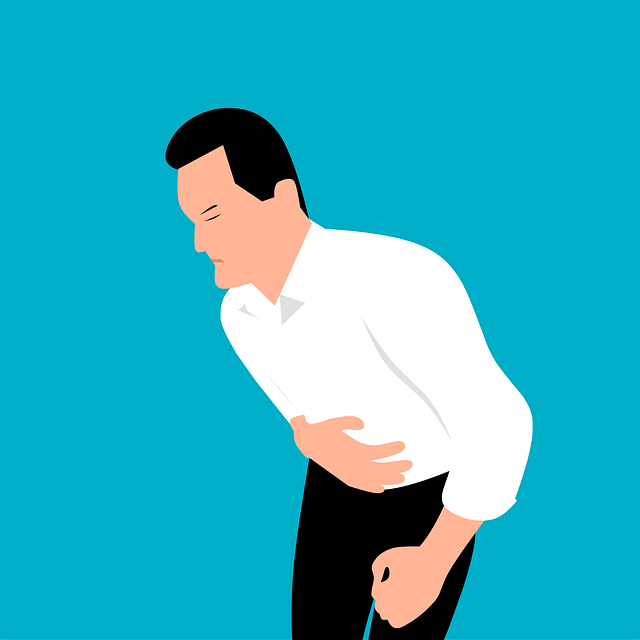
The first step towards healing your gut is recognizing the signs that something may be amiss. Symptoms of poor gut health can manifest in various ways, such as digestive symptoms like:
-
bloating
-
diarrhea
-
fatigue
-
aches and pains
-
skin eruptions
-
mood changes
Any potential issues should be promptly addressed if you suspect an imbalanced gut.
In some cases, gut issues may stem from food intolerances or sensitivities, such as celiac disease, small intestinal bacterial overgrowth, or irritable bowel syndrome. Consulting a nutritionist or healthcare professional can help you identify food triggers and create a tailored plan to eliminate them from your diet, ultimately reducing digestive discomfort and promoting gut healing.
The Power of Probiotics and Prebiotics
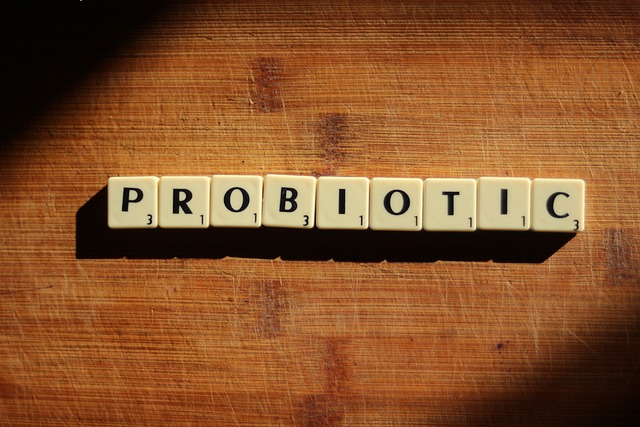
Probiotics and prebiotics are essential components of a healthy gut microbiome. Probiotics are beneficial bacteria that help rebalance gut flora, restore the intestinal wall, and reduce inflammation. They can be found in fermented foods such as kimchi, sauerkraut, kefir, yogurt, and kombucha, as well as in probiotic supplements like Perelel’s Synbiotic Greens Powder.
Prebiotics, on the other hand, are substances that promote the growth of beneficial bacteria in the gut. They play a vital role in balancing gut bacteria, strengthening the gut lining, and facilitating the production of short-chain fatty acids.
Adding both probiotics and prebiotics to your diet lays the foundation for improved gut health and supports a healthy gut microbiome.
Probiotic Foods and Supplements
The inclusion of probiotic-rich foods in your diet is a crucial step in restoring gut health. Foods such as yogurt, kefir, and kimchi are excellent sources of probiotics that can help rebalance gut bacteria and improve digestion. Additionally, probiotic supplements can be a convenient way to boost your intake of beneficial bacteria and support gut healing.
When choosing a probiotic supplement, consider opting for a product that offers a broad range of diversity, such as Perelel’s Synbiotic Greens Powder. This daily prebiotic and probiotic blend also includes antioxidants, further supporting overall gut health and well-being.
Prebiotic Foods for Gut Support
Prebiotic foods, such as:
-
Asparagus
-
Onions
-
Garlic
-
Bananas
-
Oats
Healthy bacteria are also crucial for gut health as they promote the growth of beneficial gut bacteria. Adding these foods to your diet can foster an environment conducive to the growth of beneficial bacteria.
Beans, nuts, and seeds are other prebiotic options. High-fiber fruits such as apples, bananas, strawberries, and oranges, as well as vegetables like broccoli, leafy greens, beets, and carrots are also beneficial for your health. A diverse array of prebiotic-rich foods aids in supporting a balanced gut microbiome and promoting overall digestive health.
Eliminating Inflammatory Triggers
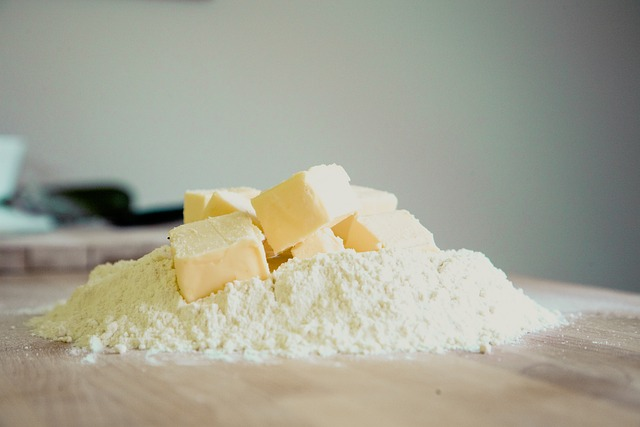
An important aspect of gut healing is identifying and eliminating inflammatory triggers, as inflammation can exacerbate gut issues and hinder the healing process. Some inflammatory triggers to avoid include:
-
Processed and sugary foods
-
Artificial additives and preservatives
-
Gluten and dairy products (for those with sensitivities)
-
Alcohol and caffeine
Instead, focus on consuming whole, fresh, fiber-rich foods that promote gut health and reduce inflammation.
Addressing food intolerances and sensitivities is another crucial step in reducing gut irritation and promoting healing. To prevent further gut damage and support healing, it’s beneficial to work with a healthcare professional to identify potential food triggers and adjust your diet accordingly.
Hydration and Exercise for Gut Healing
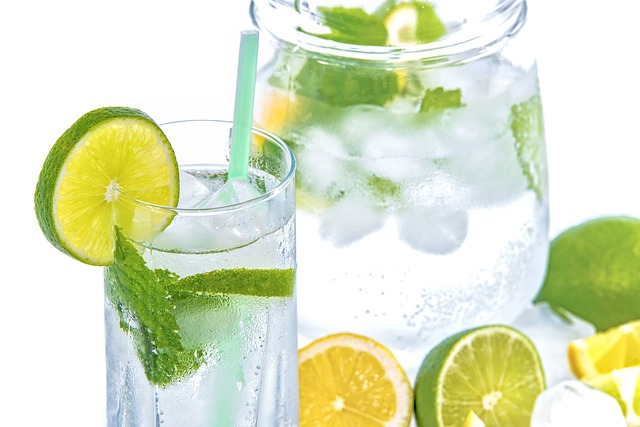
Staying hydrated and engaging in moderate exercise are two essential components of optimal gut health. Here are some reasons why:
-
Adequate hydration is crucial for ensuring proper gut function.
-
Exercise has been found to positively affect gut bacteria.
-
Exercise can reduce inflammation and intestinal permeability.
-
Exercise can improve body composition.
Women are recommended to consume 92 ounces (or 11.5 cups) of water per day for maintaining optimal gut health. In addition, incorporating regular exercise into your routine, such as walking, swimming, or yoga, can further support gut health and overall well-being.
Addressing Food Intolerances and Sensitivities
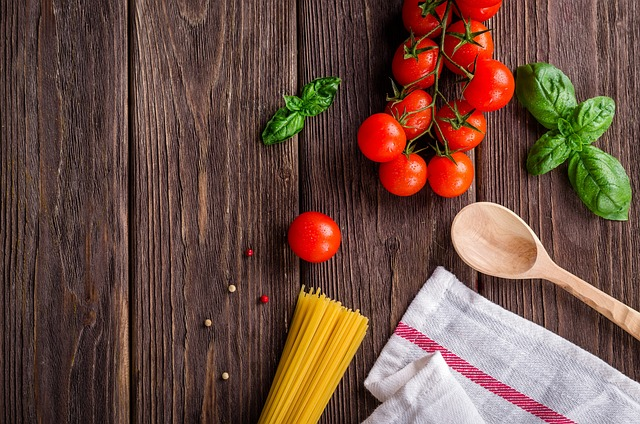
Food intolerances and sensitivities can have a significant impact on gut health, leading to systemic inflammation and making it difficult to achieve gut health recovery. If you suspect that you have food intolerances or sensitivities, it’s essential to consult with a healthcare professional to determine the best course of action.
Preventing further gut damage and supporting the healing process can be achieved by:
-
Addressing your food intolerances and sensitivities
-
Eliminating certain foods from your diet
-
Working with a nutritionist to create a tailored meal plan
-
Incorporating supplements and natural remedies to aid in gut healing
Sleep and Stress Management

Supporting gut health and overall well-being necessitates prioritizing sleep and managing stress. Inadequate sleep has been shown to influence the balance of gut bacteria, potentially leading to inflammation and other gut-related issues. Additionally, stress can accelerate fluid and motility secretion in the gut, resulting in diarrhea or delayed emptying of the stomach and further impacting gut health.
To promote optimal gut health, it’s important to establish regular sleep patterns and find effective ways to manage stress, such as practicing mindfulness, engaging in hobbies, or seeking support from friends, family, or professionals. Creating a healthier environment for your gut to thrive can be achieved by prioritizing sleep and stress management.
Natural Remedies for Gut Healing
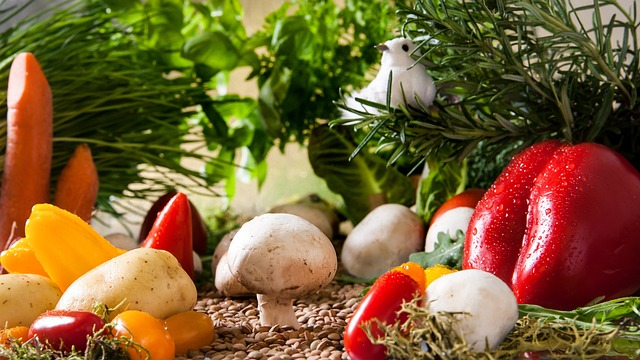
In addition to lifestyle and dietary adjustments, natural remedies can also aid in gut healing and restoration. One such remedy is bone broth, a nutritious source of amino acids such as glycine and proline, which are necessary for the production of collagen. Collagen is essential for gut health, as it aids digestion and promotes healing and repair of the gut lining.
Herbal supplements, such as antimicrobial herbs recommended by Dr. Michael Ruscio, can also help remove unwanted gut bacteria and support cleansing gut. The incorporation of natural remedies in your gut healing journey offers further support to the restoration of your gut health and overall well-being.
Monitoring Progress and Maintaining Gut Health

As you embark on your journey to heal your gut, it’s essential to monitor your progress and make adjustments as needed. This may involve:
-
Continuing to eliminate inflammatory triggers
-
Taking probiotics and prebiotics
-
Exercising routinely
-
Getting adequate sleep
-
Managing stress
Maintaining a healthy lifestyle and monitoring your gut health closely can help you enjoy the benefits of a balanced gut microbiome and ensure long-term success. Remember, a healthy gut is the foundation of overall well-being, and by taking proactive steps to heal and maintain your gut, you’re investing in your long-term health and happiness.
Summary
In conclusion, healing and maintaining gut health is a crucial aspect of our overall well-being. By following the gut healing protocol steps outlined in this blog post, such as incorporating probiotics and prebiotics, eliminating inflammatory triggers, staying hydrated, exercising, addressing food intolerances, prioritizing sleep, and managing stress, you can embark on a journey towards a healthier gut and improved overall health. Remember, your gut health is the foundation of your well-being, and by taking proactive steps to heal and maintain it, you’re investing in a healthier, happier future.
Frequently Asked Questions
What is the quickest way to heal your gut?
To start healing gut quickly, focus on eating a high-fiber diet with colorful fruits and vegetables, fermented foods, and probiotics, while managing stress levels and getting enough sleep.
Additionally, drink water and remove inflammatory foods from your diet.
What are the signs of an unhealthy gut?
These signs indicate an unhealthy gut: stomach upset, frequent fatigue, difficulty sleeping, food intolerances, cravings for sugar, weight gain or loss, and skin irritations.
How do you fix damaged gut health?
To fix damaged gut health, try probiotics and fermented foods, prebiotic fiber, reducing sugar intake, reducing stress levels, avoiding antibiotics, exercising regularly, getting enough sleep, avoiding disinfectants, and eating less processed foods.
How can probiotics and prebiotics help improve gut health?
Probiotics and prebiotics can help to rebalance the gut bacteria, restore the intestinal wall, and reduce inflammation, all of which are important for maintaining good gut health.
What are some natural remedies for gut healing?
Bone broth and herbal supplements, like antimicrobial herbs, can help heal and restore your gut.
Try incorporating these natural remedies into your diet for best results.
